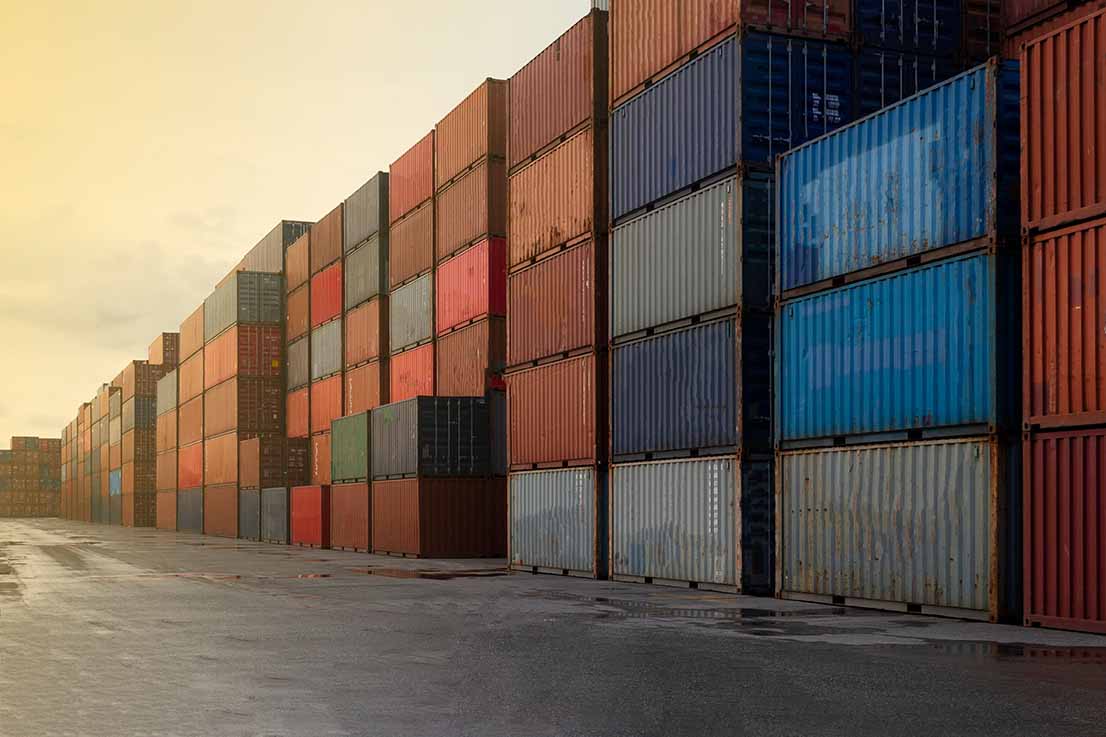
The Basel Convention regulated e-plastics in 2021, but each party country must adopt domestic laws to enforce those rules. | Sutthisak Tasri/Shutterstock
The Malaysian government recently published regulations indicating the country will stop all U.S.-sourced imports of scrap plastic, including e-plastics from electronics, on July 1. Reports from plastic traders indicate the flow of scrap plastic into Malaysia has already slowed.
Malaysia’s Federal Government Gazette recently published notice of new customs rules taking effect July 1, requiring imports of all scrap plastic under the 3915 tariff code, imported from any country, to be approved by a government-owned certification organization called SIRIM Berhad. The Basel Action Network (BAN), a U.S. exports watchdog group, highlighted the regulation in an announcement this week.
In guidelines published by SIRIM, the organization wrote that it will approve imports only from countries that are party to the Basel Convention, the global treaty regulating waste shipments, or that have a separate agreement between the two countries as allowed under the Basel rules.
That requirement means shipments from U.S. exporters are not eligible for import into Malaysia, because the U.S. is not a Basel party and has no separate agreement with Malaysia covering U.S. shipments to the country.
Additionally, Basel-party countries will have to follow Basel criteria to have shipments approved. That means mixed loads can only contain mixtures of PE, PET and PP, and all other resins must be shipped in homogenous loads. The guidelines define homogenous as reaching at least 99.5% purity.
The changes come more than four years after the Basel Convention was amended to regulate scrap plastic shipments, throwing a wrench in the common U.S. e-scrap industry practice of exporting the plastic fractions of end-of-life electronics, historically to southeast Asia. Each country that is party to the Convention must enact the Basel rules by adopting domestic regulations that comply.
Although Malaysia is only now enacting the new regulations, e-scrap industry certifications e-Stewards and R2 have prohibited certified companies from exporting plastics to the country — and other Basel parties — since the Basel rules were changed in 2021. That didn’t stop the flow of material, the certifications said, announcing in 2023 that there was widespread non-compliance with e-plastic export requirements.
BAN, which administers e-Stewards, this week applauded the Malaysian government for the new import regulations.
“We are ecstatic that this new law aims to stop much of the harmful plastic waste moving in containers each day from Los Angeles to Port Klang under the guise of recycling,” Jim Puckett, founder and chief of strategic direction for BAN, said in a release. Puckett described the concept of exporting plastic for recycling as “a complete sham,” and said it is “a relief that the U.S. contribution to this plastic waste shell game is increasingly outlawed.”
Brokers of e-plastics and other resin types have reported significant disruption in shipping into Malaysia in recent weeks. Steve Wong, CEO of plastics brokerage Fukutomi, wrote in a June 20 market update that the “scrap plastics market in Malaysia has come to a virtual standstill amid tightening import regulations and widespread uncertainty ahead of the new control regime taking effect on 1 July 2025.”
Recycling companies and brokers are reporting “minimal or no movement” of scrap plastics including ABS, PS and other engineering-grade resins, Wong wrote.
“Furthermore, Malaysia has banned all plastic waste imports from the United States, citing the country’s non-party status under the Basel Convention,” he added, noting this shift has “disrupted supply chains significantly.”
“With scrap inventories building up at ports and yards, and no clear guidance yet on the enforcement discretion or timeline of Malaysia’s new system, the market for imported plastic waste has effectively frozen,” Wong wrote. “Unless clarity improves and some regulatory relief is granted, both importers and overseas suppliers will remain stuck, unable to execute trades or shift material.”